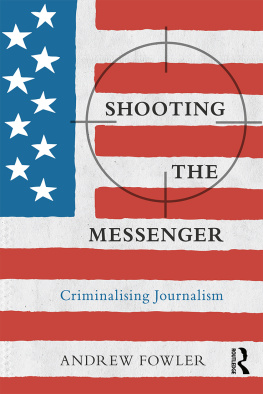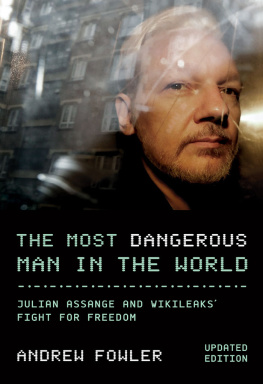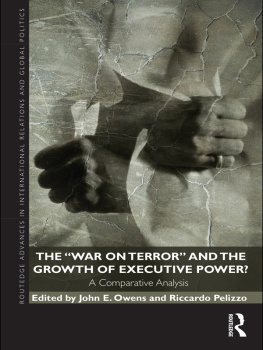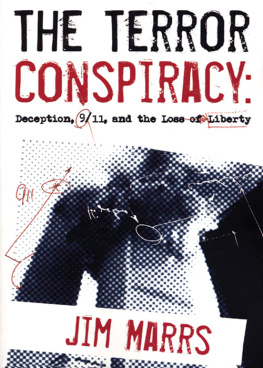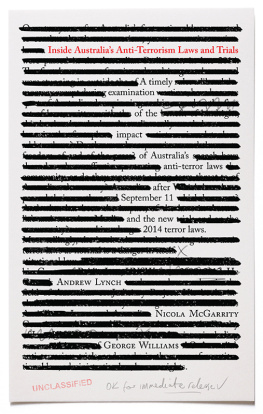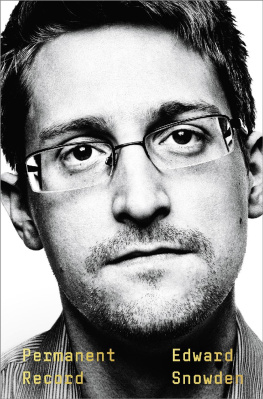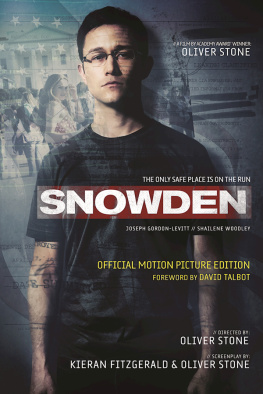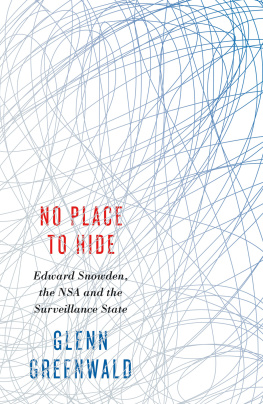
SHOOTING THE MESSENGER
If the Al-Qaeda terrorists who attacked the United States in 2001 wanted to weaken the West, they achieved their mission by striking a blow at the heart of democracy.
Since 9/11 governments including those of the USA, the UK, France and Australia have introduced tough, intimidating legislation to discourage the legitimate activities of a probing press, so greatly needed after the Iraq War proved that executive government could not be trusted.
Often hiding behind arguments about defending national security and fighting the war on terror, governments criminalised legitimate journalistic work, ramping up their attacks on journalists sources, and the whistle-blowers who are so essential in keeping governments honest.
Through detailed research and analysis, this book, which includes interviews with leading figures in the field, including Edward Snowden, explains how mass surveillance and anti-terror laws are of questionable value in defeating terrorism, but have had a chilling effect on one of the foundations of democracy: revelatory journalism.
Andrew Fowler is an award-winning investigative journalist and a former reporter with the Australian Broadcasting Corporations (ABC) Foreign Correspondent and its premier investigative TV documentary programme, Four Corners. Andrew began his journalism career in the early 1970s, covering the IRA bombing campaign for the London Evening News. He first interviewed Julian Assange for Foreign Correspondent in early 2010 and went on to write the bestselling book The Most Dangerous Man in the World (Melbourne University Press, 2011), which has been translated and published in countries as diverse as China, South Korea, the USA, Russia, Indonesia, Romania and Taiwan. The Most Dangerous Man in the World was described by Pentagon Papers whistle-blower Daniel Ellsberg as a gripping thriller. By far the best account of Julian Assanges motives and the talents that make him so dangerous and by Geoffrey Robertson QC as the most balanced, fair and factual account yet published of a saga much misrepresented in the media.
His second book, The War on Journalism (Random House, 2015), was cited by the Australian Financial Review as one of the best books of 2015 and was a finalist in the prestigious Walkley Book Awards. Andrews original ABC programme about Assange and WikiLeaks won the New York Festival Gold Medal. Andrew Fowler currently spends his time between Australia and France.
The Criminalization of Political Dissent
Series editor: Professor Judith Bessant, RMIT University, Melbourne, Australia
This challenging new book series explores the way governments since 9/11 from across the political spectrum intensifi ed their efforts to criminalize both traditional and new forms of digital political dissent. The series will feature major contributions from the social sciences, law and legal studies, media studies and philosophy to document what happens when governments choose to regard activists campaigning for increased government transparency and accountability, environmental sustainability, social justice, human rights and pro-democracy as engaging in illegal activities.
The book series explores the legal, political and ethical implications when governments engage habitually in mass electronic and digital surveillance, outlaw freedom of movement, real and virtual public assembly and prosecute digital activists. The books in this series are a must read for anyone interested in the future of democracy.
Series titles include:
Governing Youth Politics in the Age of Surveillance
Edited by Maria Grasso and Judith Bessant
Shooting the Messenger: Criminalising Journalism
Authored by Andrew Fowler
First published 2018
by Routledge
2 Park Square, Milton Park, Abingdon, Oxon OX14 4RN
and by Routledge
711 Third Avenue, New York, NY 10017
Routledge is an imprint of the Taylor & Francis Group, an informa business
2018 Andrew Fowler
The right of Andrew Fowler to be identified as author of this work has been asserted by him in accordance with sections 77 and 78 of the Copyright, Designs and Patents Act 1988.
All rights reserved. No part of this book may be reprinted or reproduced or utilised in any form or by any electronic, mechanical, or other means, now known or hereafter invented, including photocopying and recording, or in any information storage or retrieval system, without permission in writing from the publishers.
Trademark notice: Product or corporate names may be trademarks or registered trademarks, and are used only for identification and explanation without intent to infringe.
British Library Cataloguing-in-Publication Data
A catalogue record for this book is available from the British Library
Library of Congress Cataloging-in-Publication Data
A catalog record for this book has been requested
ISBN: 978-1-138-29660-2 (hbk)
ISBN: 978-1-138-29661-9 (pbk)
ISBN: 978-1-315-09992-7 (ebk)
Typeset in Goudy
by Sunrise Setting Ltd, Brixham, UK
CONTENTS
My sincerest thanks to all those who helped in the making of this book. I owe a particular debt of gratitude to my wife Pamela, who supported me throughout the venture, copy editing and providing encouragement during the process. I am also indebted to others who also gave insightful assistance, including Professor Julianne Schultz, from Griffith University, Dr Paul Lashmar (now at London City University) and Professor Judith Bessant, who had the idea for the book in the first place, and is the Routledge commissioning editor. Her support, and trust in me, was particularly valuable. Heather Forbes and Peter Cronau went out of their way to assist, as did my agent Jane Burridge, always the voice of reason, and without whom the books brilliant cover would never have been created by Adam Yazxhi. Thanks to Sarah Harrison of the UK-based Courage Foundation and to all the journalists who encouraged me to write this book, in particular the Media Entertainment and Arts Alliance [MEAA] in Australia, which has fought hard to alert its members and the public to the extraordinary dangers posed to journalism by increasingly intrusive mass surveillance and counter terrorism laws.
Welcome to the machine
Just half an hours drive north-east from Washington DC, the well-paved dual highway passes a forest before a final line of trees gives way to more open ground. As the road swings round, on the left, looking like a sprawling shopping complex which has outgrown its site, the National Security Agency (NSA) appears. Its massive glass and concrete shoebox-shaped buildings dominate the skyline. The car park neatly arranged around its perimeter gives a hint at just how many thousands of people work inside. This is the headquarters of the most powerful intelligence-gathering organisation the world has ever seen.
It is the centre of a network that straddles the Earth. From the spy base at Pine Gap with its array of antennas pointing skywards against the sunset red of the Australian outback, to Menwith Hill on the green undulating farmland of Yorkshire in the north of England, the NSA is connected to satellites circling overhead, and undersea surveillance systems tapping into transcontinental telephone cables. Nearly every phone call, email or electronically created signal will at some time end up here, or in one of the data storage bases of the NSAs sister agencies in Australia, New Zealand, Canada or the UK. Known as the Five Eyes partnership, the intelligence-sharing agreement has its roots in the days of the British Empire. Now the relationship between the English-speaking nations is more equal, though new inequalities are emerging.
Next page
